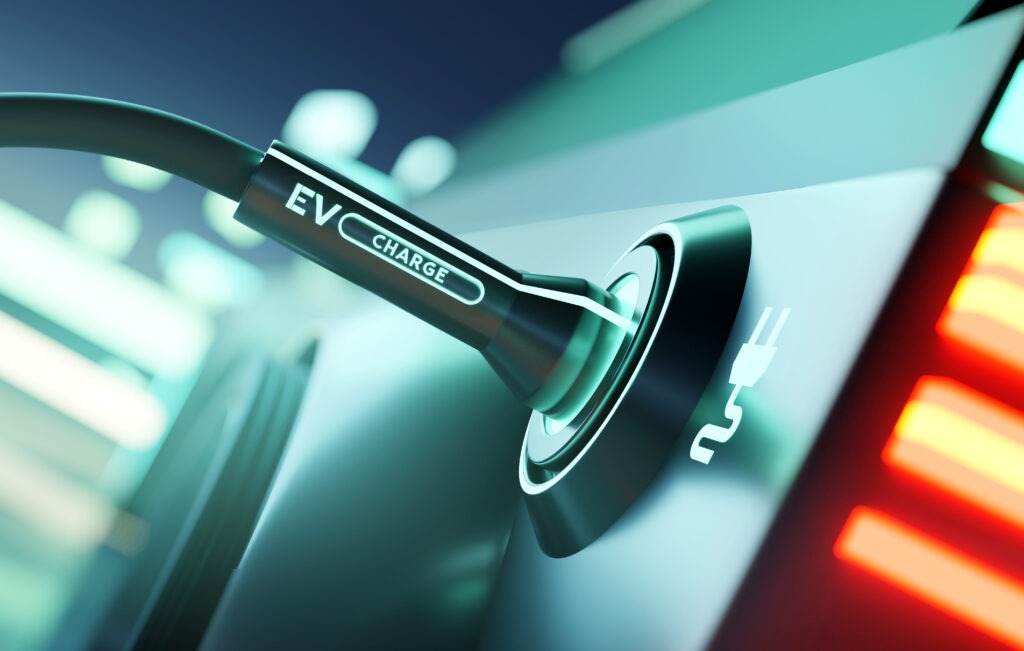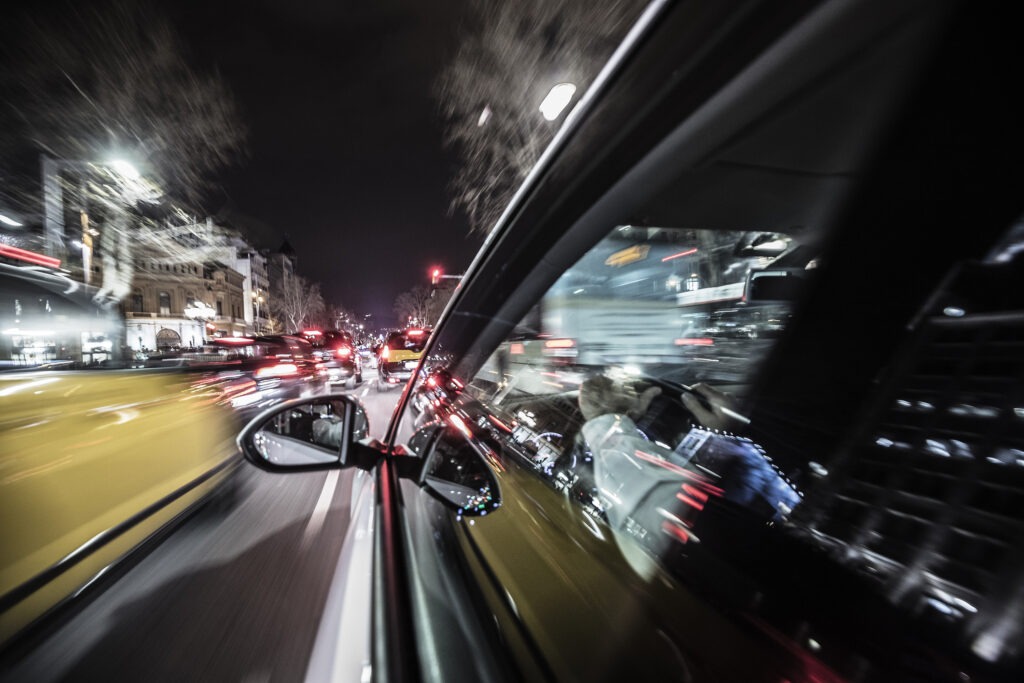Can Europe’s BEV market be recharged?
21 May 2024

Reports of slowing battery-electric vehicle (BEV) uptake are draining the electric transition. In an upcoming webinar, Autovista24 editor Tom Geggus will ask Autovista Group experts whether Europe’s BEV market can be recharged.
Registrations of new BEVs climbed by 28.2% last year across the EU, EFTA and UK, according to data from the European Automobile Manufacturers’ Association (ACEA). Combining all-electric cars with plug-in hybrids (PHEVs), electric vehicle (EV) deliveries increased by 16.2% compared with 2022.
However, this rate of growth appeared to slow in the first quarter of 2024. The region collectively saw EV registrations increase by 5.9%. While PHEV deliveries climbed 10.4%, BEVs were only up by 3.5% year on year.
Register now
Does this constitute a normal adoption curve for automotive technology? How should countries accelerate the acceptance of all-electric models? Could new brands from China help recharge Europe’s BEV market? What does the future hold for the BEV market?
How to recharge Europe’s battery electric vehicle market, will see webinar panellists Christof Engelskirchen, chief economist at Autovista Group, Christian Schneider, director of content at EV Volumes and Christoph Ruhland, director of business development at Autovista Group answer these questions.
Register now for this free webinar, taking place on 5 June 2024 at 9.30am BST / 10.30am CET. The panel will dissect the BEV landscape and answer business-critical questions by:
- Analysing current and future BEV market trends
- Diving into residual values
- Unpacking Europe’s leading BEV manufacturers
- Investigating the importance of regulations, infrastructure, and battery health certificates
- Exploring new Chinese brands, their strategies and capabilities.
BEV share slowdown?
EVs claimed a total new-car market share of 23.4% across the EU, EFTA and UK in 2023. BEVs alone accounted for 15.7% of all registrations, while PHEVs made up 7.7% of deliveries. Focusing just on the EU, the BEV share was even higher, reaching 14.6%.
Yet interest appeared to cool in the first quarter of 2024. In the first three months of this year, EVs accounted for 20.6% of registrations across the EU, EFTA and UK. BEVs made up 13.2% of deliveries, while PHEVs made up 7.4%. On its own, the EU saw even lower results, with the BEV share at 12%.
The situation seems even worse when comparing the first three months of 2024 with the first quarter of 2023. Combining figures from the EU, EFTA and UK, the EV market share only grew marginally. After accounting for 20.5% of registrations in the first quarter of 2023, it represented 20.6% in the same period this year.
BEVs have lost share across the combined regions, dropping from 13.4% last year to 13.2% in the first quarter of 2024. PHEVs showed only slight improvement, taking a 7.4% market share from 7.1% a year previously.
Charged with negativity
With rapid growth no longer the norm, concerns about EV markets have swirled. This was exacerbated by some countries pulling purchase incentives, and politicians deliberating low-emission sales targets.
Meanwhile, as carmakers fought for control of the new-BEV market with price cuts, residual values of used models suffered. Long-standing issues with charging infrastructure also cemented beliefs that the technology was not yet ready for the mass market.
This negativity created a vicious cycle of damaged public perceptions and slower sales results. Forecasts have been adjusted not only for Europe but the global EV market.
In 2024, EV Volumes (part of J.D. Power) expects the light-vehicle market (consisting of passenger cars and light-commercial vehicles) to see 3.7 million EV sales across Europe. Year-on-year growth of 18% is expected, accounting for roughly a quarter of all light-vehicle sales across the continent.
Find out more about Europe’s BEV market by attending the free webinar, How to recharge Europe’s battery electric vehicle market. It takes place on 5 June 2024 at 9.30am BST / 10.30am. Find out more and register for your place today.



